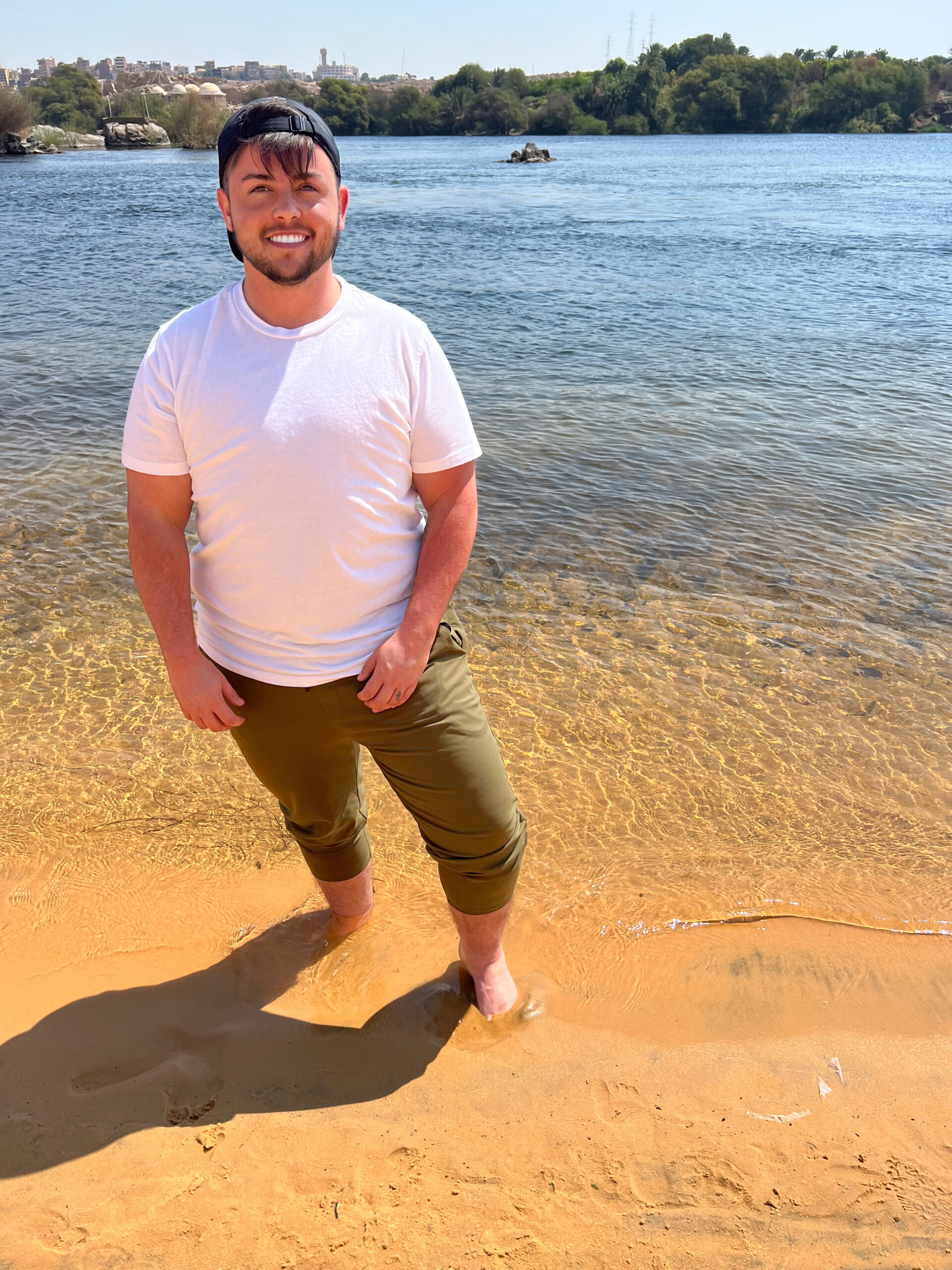
Bridging Borders: Cultivating Communication (South Africa)
As I embark on my study abroad journey in Cape Town, South Africa, I am acutely aware of the immense value that clear communication holds. Expressing my thoughts and ideas clearly, both verbally and in writing, is not only vital for navigating daily local interactions but also for fostering meaningful connections with my family, friends, and colleagues back home. Throughout my time here, I aim to continue to develop and refine my skills in public speaking, professional writing, and other forms of expression to ensure that my message reaches its intended audience with the utmost clarity and impact.
Effective public speaking is a skill I am eager to cultivate during my stay in Cape Town. Whether I am presenting in front of my classmates, engaging in group discussions, or immersing myself in cultural exchanges, the ability to speak confidently and persuasively is crucial. I understand the importance of organizing my thoughts, maintaining eye contact, and utilizing appropriate body language to captivate my audience and effectively convey my message.
Mastering professional writing is another aspect I am committed to during my study abroad experience. Written communication will play a pivotal role in documenting and sharing my adventures and insights with my loved ones back home, as well as successfully completing my coursework. I recognize the significance of articulating my thoughts coherently, crafting engaging narratives, and captivating my readers. Structuring my writing effectively, paying attention to grammar and punctuation, and conveying my message concisely are essential components of clear and impactful writing. As I engage in academic papers, maintain a personal journal, and contribute to blog entries, I am learning how to refine my writing abilities, which allows me to convey my experiences and emotions with depth and clarity.
Furthermore, I am eager to explore and embrace various forms of expression that go beyond traditional spoken and written communication. Photography, videography, art, and storytelling offer unique avenues to convey emotions and experiences that words alone may struggle to capture. By delving into these diverse mediums, I hope to create a more comprehensive and immersive representation of my study abroad journey. I want to share my experiences in a way that resonates deeply, providing a deeper understanding of my perspective and the cultural richness of Cape Town.
In addition to developing these expressive skills, it is imperative to cultivate cultural sensitivity and intercultural communication. Studying abroad in Cape Town grants me the opportunity to engage with individuals from diverse backgrounds and cultures. I am committed to active listening, practicing empathy, and approaching interactions with an open mind. Respecting and valuing different perspectives and cultural nuances will facilitate meaningful connections and avoid misunderstandings.
Reflecting on my journey thus far, there are certain words and phrases I wish I had known before arriving in Cape Town. Basic greetings such as “Molo” (Hello) or “Enkosi” (Thank you) helped me navigate initial interactions smoothly. Additionally, learning phrases related to directions, transportation, and ordering food is invaluable in everyday situations. These linguistic tools would have facilitated my integration into the local community and demonstrated respect for the local culture. Similarly, if someone from South Africa were to visit the United States for the first time, I would offer them basic English greetings and phrases for ordering food, asking for directions, and using public transportation. Assisting them in familiarizing themselves with cultural nuances and customs specific to the U.S. would ensure a more enjoyable and meaningful experience during their visit.
